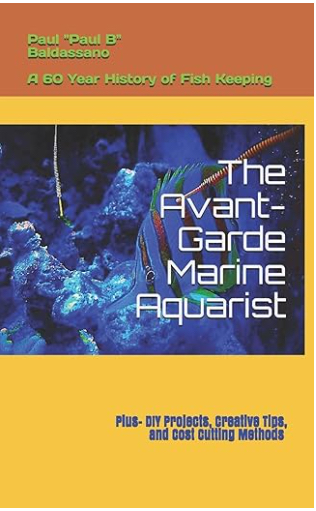Since there are plenty of attentions to pH recently, I want to give my 2 cents regarding daily pH swing.
Coral at the Great Barrier Reef experience daily pH swing just like what happens in our reef tanks. Here is a chart of daily pH swing on the Great Barrier Reef:

Coral at the Great Barrier Reef experience daily pH swing just like what happens in our reef tanks. Here is a chart of daily pH swing on the Great Barrier Reef:

